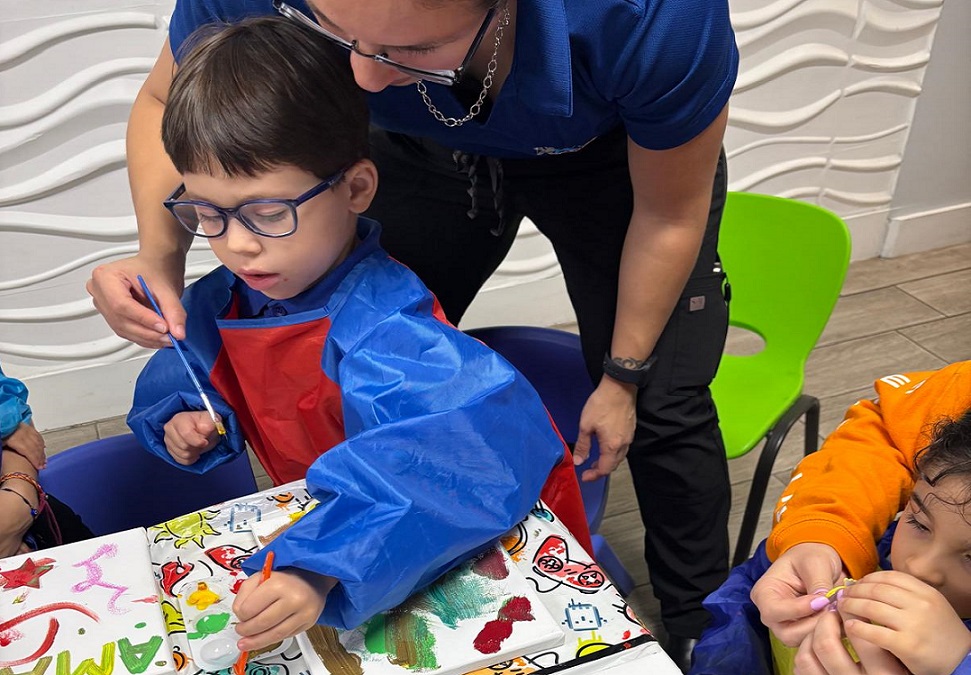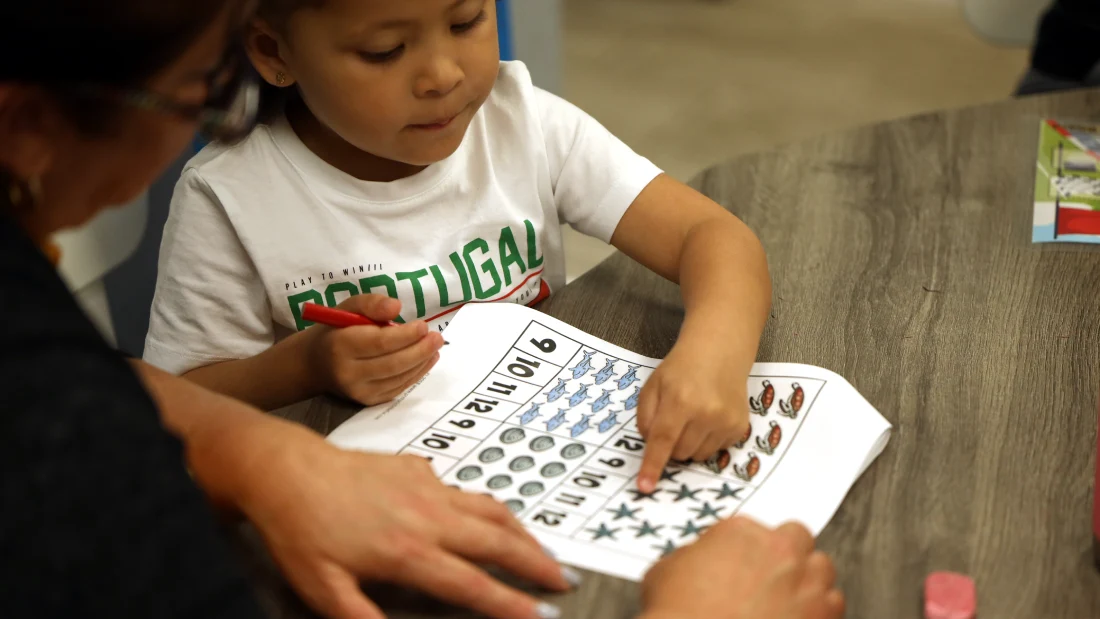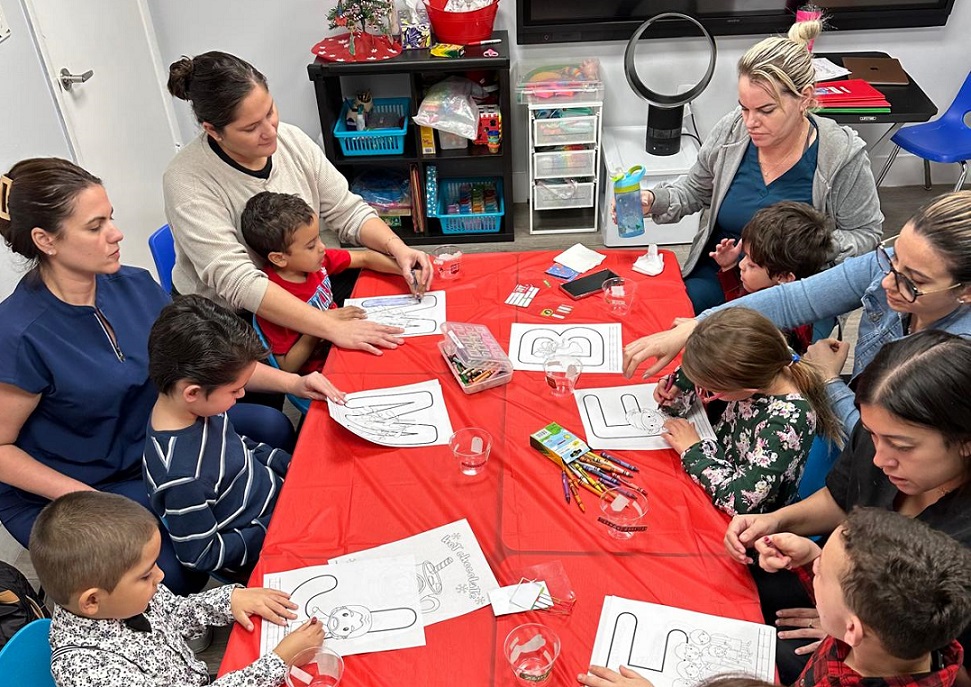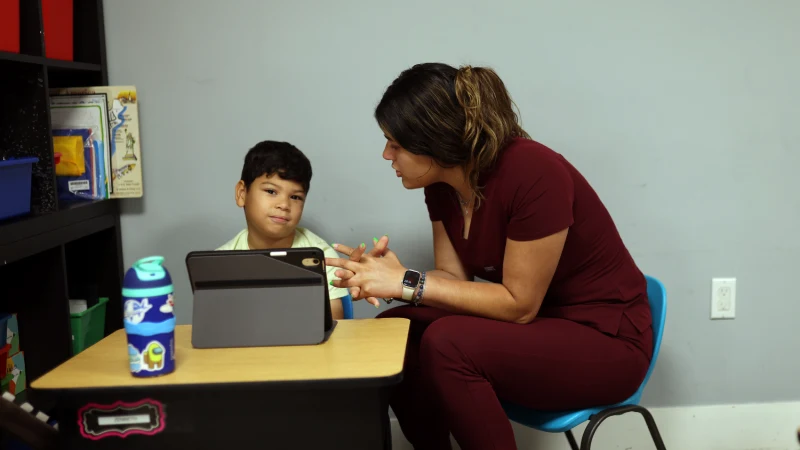“It’s time to start therapy.”
This is the bravest thought a parent can have about treating their child’s autism. Yes, starting therapy is an act of love, a leap of faith in their potential, and a commitment to their future well-being. However, while this decision is full of hope, it inevitably comes with an overwhelming question: “How do I explain this to my child?”
For parents of children with autism, this conversation can undoubtedly feel more complex and delicate than the decision itself. That’s why we offer this practical and sensitive guide. With it, we’ll help you find the right words and approach so this journey can be a positive experience for the whole family.
Ready to learn how to approach that conversation about starting therapy? Keep reading!
What’s the Importance of Starting Therapy for Children with Autism?
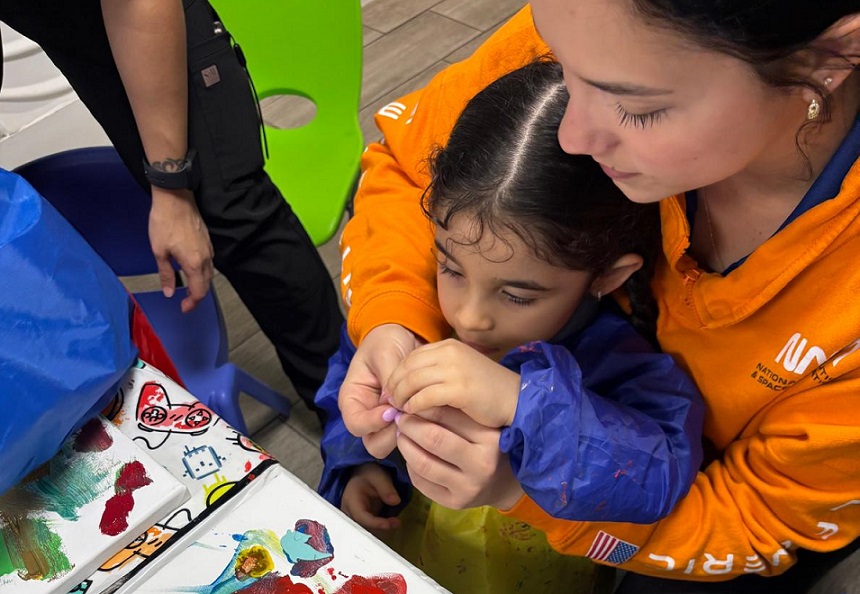
The brain of children with autism works in a unique way, which means they process sensory information differently from their peers. In this context, support in child therapy becomes a bridge that helps them thrive in a world that is often unprepared to understand their needs.
Why does a child with autism need therapeutic support?
Now, therapeutic support is not an infallible solution, but a compass that points the way forward. Its purpose is not to change the essence of your child, but to help them face the world with confidence. That’s how autism therapy focuses on making a real difference in their quality of life.
However, only by starting therapy can you see benefits such as:
- Communication skills: Helps children find ways to express their needs, desires, and feelings.
- Emotional regulation: Teaches them to recognize and manage their emotions, reducing anxiety and hypersensitivity.
- Social skills: Provides a safe and structured space to practice interacting with others and building relationships.
- Independence: Fosters the development of daily living skills, like getting dressed or handling school.
What Are Parents’ Concerns Before the First Session?
It’s completely natural that, as the parent of a child with autism, you’re currently full of questions and worries… even more so than your child. However, by channeling these concerns, you’ll realize that you won’t be alone when starting therapy, and that each of these doubts has a professional answer:
- Will it be a traumatic experience? No, therapists use play and your child’s interests to create a safe and trusting environment.
- Does it mean we have failed? No! Seeking professional help is your greatest proof of love and an investment in your child’s future.
- What if they don’t like therapy? Adaptation takes time. The therapist will use your child’s interests to make the sessions fun.
- Will they be stigmatized? Neurodevelopmental therapies are increasingly accepted and focused on a child’s growth potential.
- What will happen in the first session? The therapist will want to observe, interact with the child, and begin building a relationship of trust.
Preparing Your Child: 5 Effective Tips for Explaining Therapy.
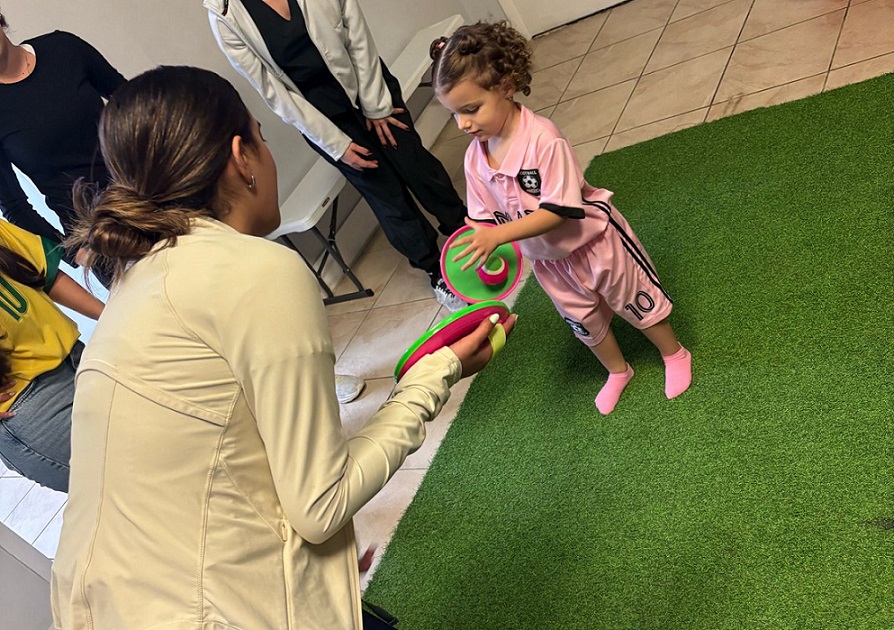
The first conversation about starting therapy is undoubtedly the foundation for the success of this new chapter. Remember that your child will not only hear your words but will also feel the calm you demonstrate. Your role is that of a guide, ready to accompany them every step of the way.
Therefore, to achieve this, always consider these key points:
1. Choose the right time and environment:
- Avoid rushed or stressful moments, or when your child is overstimulated.
- Find a familiar and comfortable space, like during a walk or while drawing together.
2. Use simple words and examples your child can understand:
- When talking to children about therapy, avoid technical jargon whenever possible.
- Use analogies that make sense to them (for example, talking about “learning to play with others”).
3. Encourage questions and active listening:
- When preparing your child for therapy, give them time to process the information.
- Encourage them to ask questions and respond to each one with patience and honesty.
4. Turn therapy into a positive and safe experience:
- Emphasize the benefits and support they will receive, not the problems.
- Use language that empowers them and makes them feel like the hero of their own journey.
5. Keep the conversation open and ongoing:
- Revisit the topic days after the initial conversation to see how your child is feeling.
- Encourage them to ask questions at any time so they know they can always talk to you about it.
Step-by-Step Guide to Starting the First Therapy Session.

The first session is an exploration for everyone: children, parents, and therapists. Naturally, it’s a great opportunity for the therapist to become familiar with the child’s personality, interests, and unique traits. Knowing what to expect when starting therapy will make you feel more secure, allowing you to transmit that security to your child.
What to expect during the introduction to ABA therapy?
ABA therapy (Applied Behavior Analysis) is one of the most effective interventions used for autism; it’s essentially based on a combination of observation, play, and social interaction. Therefore, the first ABA session is a unique opportunity for the therapist to observe your child in a structured environment.
When starting therapy, the purpose of the first session can be summarized in these key points:
- Observation: The therapist will observe how your child communicates and plays to understand their needs.
- Playful interaction: The session will be centered on play, which helps create a safe environment and reduce stress.
- Building trust: The main goal is for your child to feel comfortable and safe in the therapist’s presence.
The key to success: your participation and family support.
Child therapy is a collaborative effort between the therapist, the child, and you. Don’t doubt it for a moment: the therapist will see you as the expert on your child and will work with you to apply therapy strategies at home. Therefore, family participation and your parental support are the foundation for consistent and successful long-term learning.
Remember: when starting therapy, your participation will be vital to your child’s progress:
- You are the expert: Your knowledge of your child’s likes, fears, and strengths is invaluable to the therapist.
- You reinforce learning: Applying therapy strategies at home helps generalize the skills they’ve acquired.
- You build the team: You are the link between therapy and daily life, which makes the whole process more cohesive.
Frequently Asked Questions About Starting Therapy for Children with Autism.
1. What is the recommended age to start therapy?
The sooner, the better. Early intervention, even from 18 months, promotes the development of language, communication, and independence.
2. How do I explain to my child that they are going to start therapy?
Use simple words and highlight the positive aspects, such as learning to play or making new friends. Stay calm and listen to their concerns.
3. What happens in the first therapy session?
Generally, the therapist observes the child, interacts through play, and aims to build trust.
4. What happens if my child doesn’t want to participate in therapy?
This is common at the beginning. Therapists adapt activities to their interests to motivate them little by little and turn therapy into a positive experience.
5. What role do parents have in therapy?
A decisive role. Parents reinforce what is learned in the sessions at home, which helps the child apply their progress to daily life.
Koala ABA: The First Step to Building Your Child’s Future.
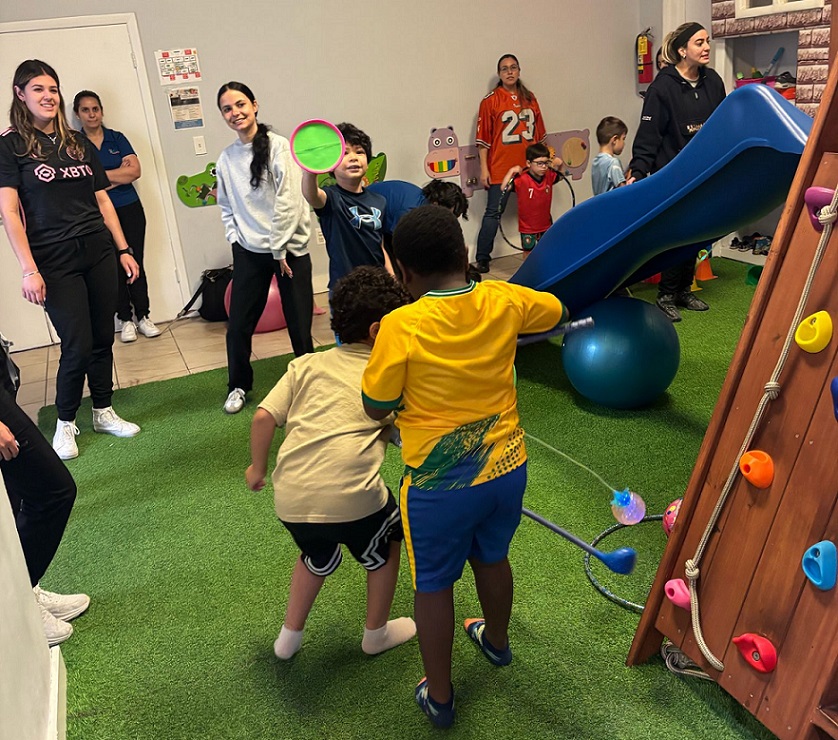
Taking the first step in starting therapy for autism isn’t easy, but it’s one of the greatest acts of love you can do for your child. At Koala ABA & Learning Centers, Doral, Florida, we understand your every doubt and emotion, and we accompany you on this journey with empathy and commitment.
Therefore, our approach goes beyond therapy: we create a safe environment where your child can strengthen their skills and build their own relationships. Each session is designed to be a positive experience, supported by specialists and with the active participation of the family.
In addition, at Koala ABA & Learning Centers we guarantee:
- Personalized early intervention with evidence-based ABA therapy.
- Constant family participation, because you are the key piece in your child’s progress.
- Holistic development in communication, emotional regulation, social skills, and independence.
Your child has unlimited potential! Help them discover it today!
Contact us now, and let’s start this new stage of connection, love, and hope together.
